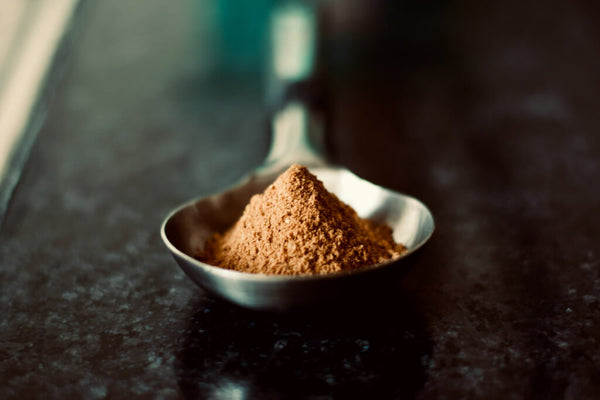Protein Sources For Athletic Performance
Apr 17, 2024
Protein is composed of a series of essential and non-essential amino acids, which work synergistically to assist the human body in numerous processes – such as preservation and building of lean muscle mass and repair / recovery post exercise, trauma, or even stress. The daily protein requirement for the typical non-athlete is 0.8 grams of protein per kilogram (2.2 Lbs.) of bodyweight. This requirement, however, can change based on age, activity, or stress level. An endurance athlete may have a daily protein requirement of 1.2-1.6 gms/kg, depending on the intensity and the duration of the event, while a strength athlete may require 1.7-1.8 gms/kg. Body builders sometimes consume protein in the range of 2.3-3.1 gms/kg per day, based the 2014 research of Helms/Aragon & Fitschen. In the April 2015 edition of the Strength and Conditioning Journal (National Strength & Conditioning Association), a research paper – “Protein Applications in Sports Nutrition – Part I: Requirements, Quality, Sources, and Optimal Dose” – lists multiple protein sources for athletes to consider.
Whey Protein – “Whey protein is the liquid portion of milk produced as part of the cheese- making process and is commonly produced into concentrate, isolate, or hydrolyzate versions. Whey protein is a complete protein and typically exhibits the highest levels of the essential amino acids (including leucine) and the greatest amino acid content over- all.”
Micellar Casein Protein – “Is the thick or “curd” portion of milk produced as part of the cheese-making process. Casein is classified as a high-quality complete source of protein with high levels of the essential amino acids.”
Milk Protein – “The Food and Drug Administration (FDA) states that products contain- ing milk protein concentrate (or isolate) should contain all of the proteins naturally found in milk, and these proteins should exist with the same ratios as what are naturally found in milk.”
Soy Protein – “Soy protein is the most popular vegetable protein (extracted from the soy bean plant) and is considered a good source of protein, whereas isolated versions (>90% protein by weight) are excellent and should be considered a complete protein.”
Flesh Proteins – “When used as a supplement to the diet, whey, casein and soy dominate, but ingestion of flesh proteins (beef, poultry, and fish) is quite common within a Western diet.
When it’s time to design your diet for optimum athletic performance, it’s always best to consult with a registered dietitian who possesses sports nutrition experience.
Interested in reading more? Check out Top Five Ways to Prolong Your Life



